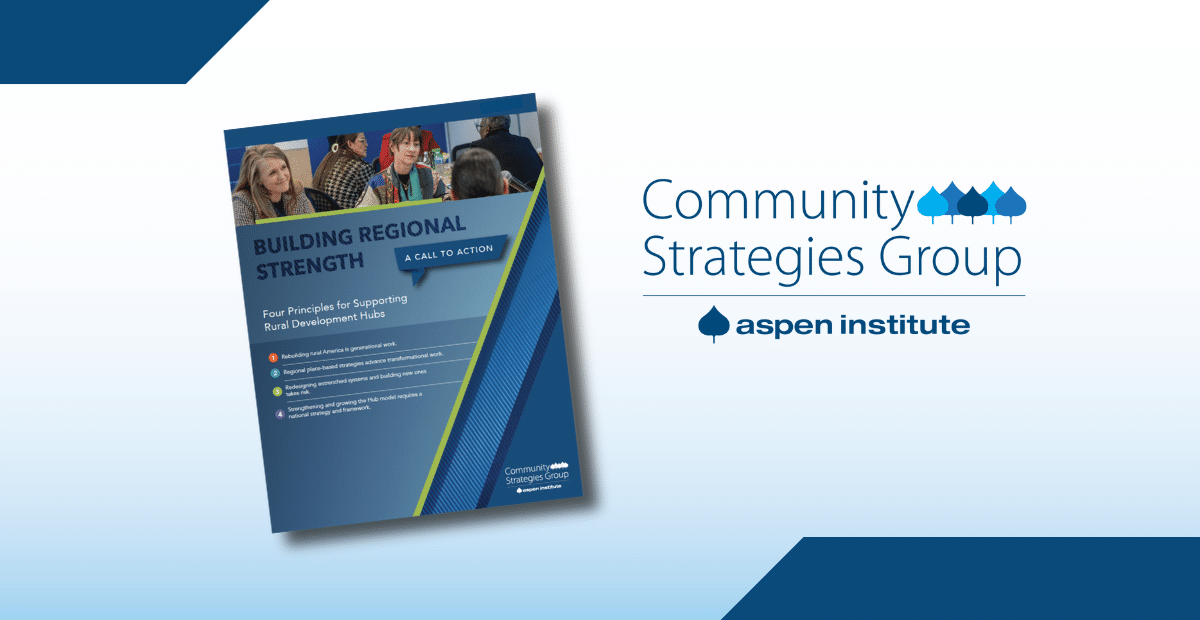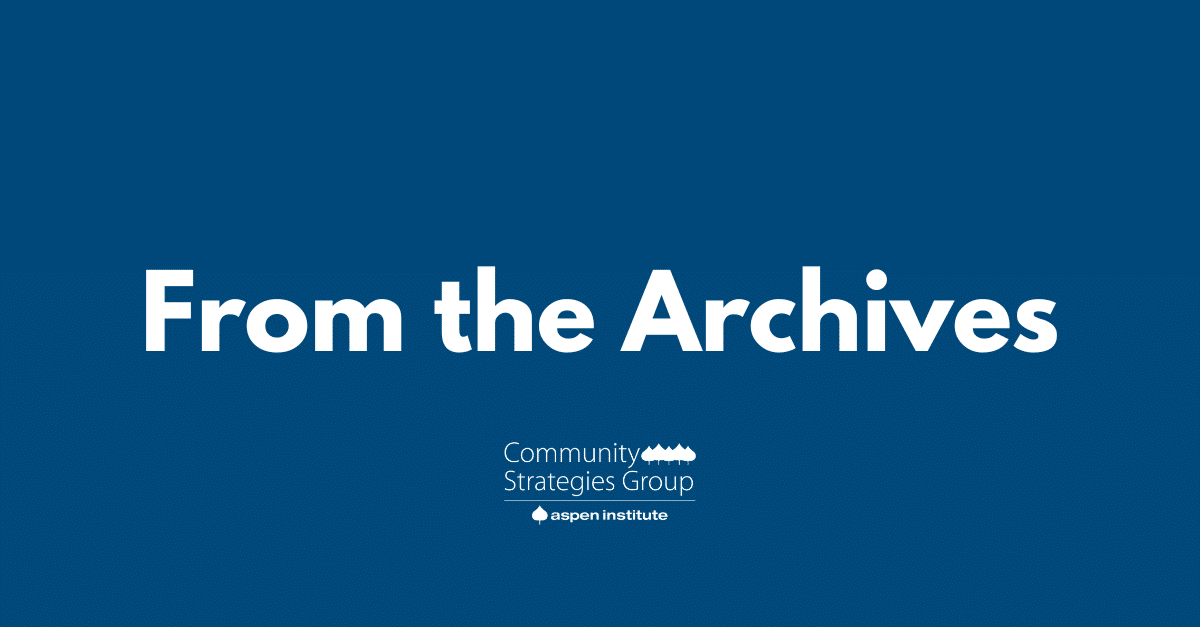Building Regional Strength: A Call to Action
Insights and recommendations to build healthy, thriving rural & Indigenous regions.
Rural Resources, Insights, and Collaborations by Aspen CSG and Partners
Insights and recommendations to build healthy, thriving rural & Indigenous regions.


This file, by William H. Frey, examines demographic changes in metropolitan and nonmetropolitan America, particularly focusing on the "nonmetropolitan turnaround" of the 1970s and its reversal in the 1980s.
This report, “The Slowdown in Nonmetropolitan Development: The Impact of Economic Forces and the Affect on the Distribution of Wages”...

This report, titled "EXPLAINING THE NEW SPATIAL INEQUALITY Regulatory Policy and Local Economic Capacity" by Susan Christopherson (May 1991), argues that increasing spatial inequality in the U.S., evidenced by income disparities, unemployment rates, and access to basic services, is not solely due to changing market conditions.

This Economic Policy Institute briefing paper, "The Myth of the Coming Labor Shortage in Rural Areas," by Ruy A. Teixeira and Lawrence Mishel (March 1992), challenges the conventional wisdom that a "skills mismatch" and a "service economy" will lead to a surge in demand for highly skilled workers, particularly in rural areas.

This file is a document from the Northeast-Midwest Institute, dated August 16, 1991, detailing a policy retreat on encouraging utility involvement in economic development activities, specifically focusing on industrial modernization and energy-efficient technologies.

This paper, "The Great Plains, Canada and Mexico: Policy Issues in Rural Development and the Free Trade Agreement" by Cathy Quantic (August 1991), discusses the economic shift in North America from an east-west to a north-south orientation, largely driven by the Free Trade Agreement (FTA) with Canada and impending talks for an FTA with Mexico.

This report is a proposal for supplemental funding to continue the Research Capacity Initiative (RCI), a project that assists rural development organizations with research. The proposal, submitted by Priscilla Salant of Washington State University in September 1991, requests $153,000 from the Ford Foundation and the Aspen Institute.

This academic article, "Homelessness In Rural Places: Perspectives From Upstate New York" by Janet M. Fitchen, argues that rural homelessness is a significant yet overlooked issue, largely because it doesn't fit urban-centric definitions and perceptions.

Piney Road: Work, Education, and the Re-Making of the Southern Family" by Jacqueline J. Saindon examines the impact of work and education on rural Southern families, focusing on Gresham County. The research, supported by the Rural Economic Policy Program of the Aspen Institute and Ford Foundation, investigates how low literacy rates and available low-skill, low-wage jobs in industries like poultry farming affect economic development and educational attainment.

Report presents four of the most progressive industrial energy-efficiency programs in order to provide insight for future programs.

Report uses data from the Census Bureau regarding list and asset information at the household level to provide perspective on relative costs of reducing income inequality by increasing program benefits.

This article seeks to provide insight on rural homelessness based on field research in scattered rural communities in New York State.